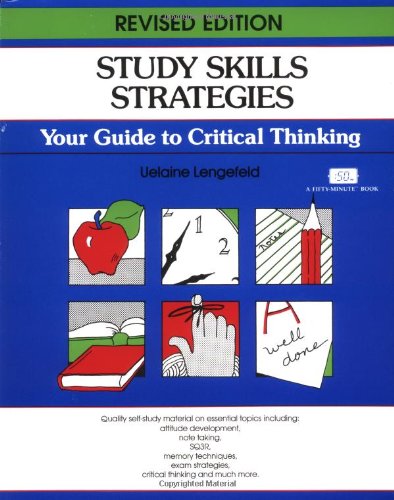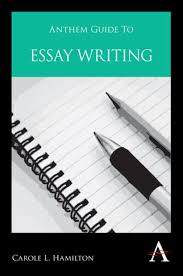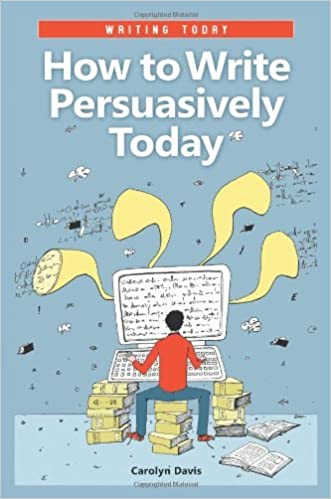![Study skills. 1 [e-book] Study skills. 1 [e-book]](/img/ResourceOfMonth/202009/eb1.jpg)
|
This book helps you orient yourselves in studying at university and acquire necessary study skills. Starting with getting to know your own learning style and setting goals, it moves forward to suggest how you can improve your memory, as well as your reading and listening strategies. It also guides you how to use references and library resources more effectively.
Highlights include “Setting goals” (Ch. 9), “Reference: The thesaurus” (Ch. 40), “Reference: The bibliography” (Ch. 45), and “The vocabulary of essay tests” (Ch. 82).
|
 |
Lowering your anxiety and boosting your confidence at the start of your study will enable you to learn more effectively. This book provides you with useful tips on important areas such as time management and exam preparations, and shows you how to make notes and read critically.
Highlights include “Time control” (Part 2), “Notetaking techniques” (Part 3), and “Critical reading skills” (Part 4).
|
 |
From generating ideas and structuring the essay to revising the essay and citing sources, this book guides you through your writing process in a step-by-step manner. It also enhances your writing style by showing you how to write with eloquence, concision and clarity. It finishes off by offering some sample essays for your reference.
Highlights include “Structuring the essay” (Ch. 4), “Revising” (Ch. 6), “Documenting sources” (Ch. 7), and “Developing style” (Ch. 8).
|

|
Concise and accessible, this book offers practical information for university students at all levels and illustrates why and how to write persuasively. Examples of issues and challenges, such as plagiarism and redundancy, are discussed, followed by suggested solutions one can use right away.
Highlights include “What am I writing?” (Ch. 1), “Issues and challenges” (Ch. 2), and “Problems and Solutions” (Ch. 3).
|